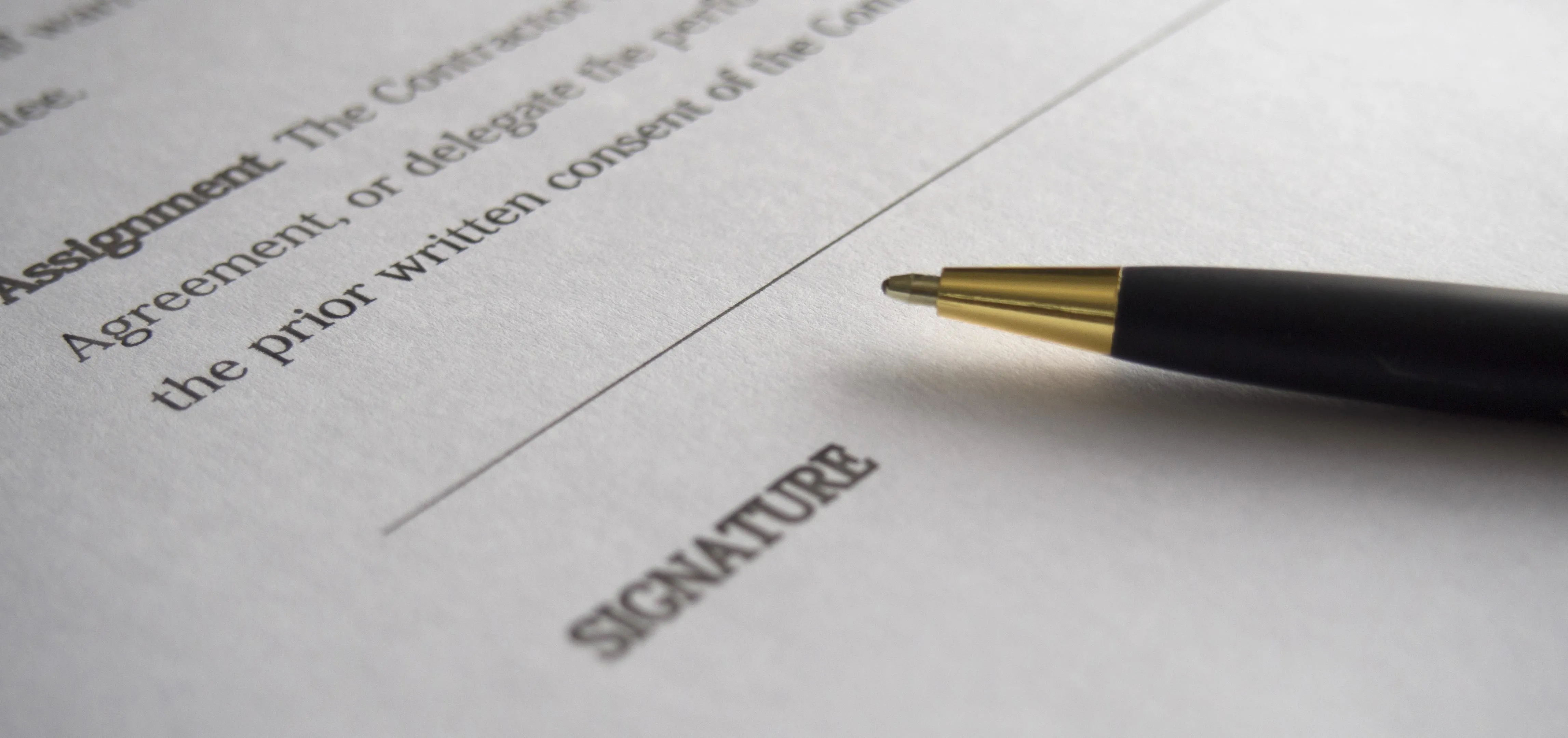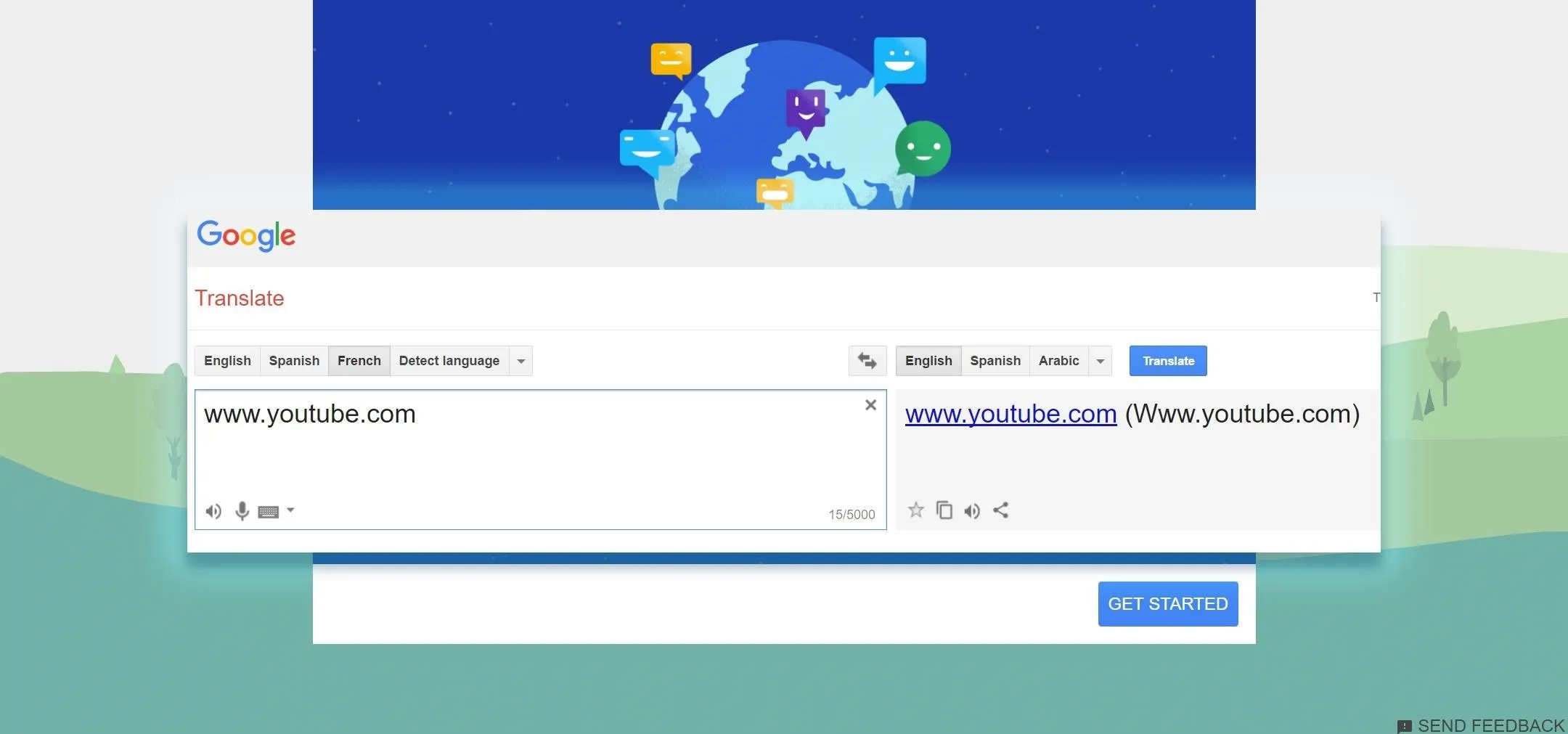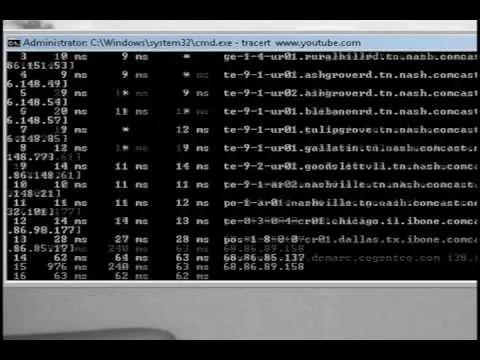If you would like to restrict what appears on your Facebook page, here's a novel way to retain ultimate control, coined the "super-logoff" method:
"Mikalah uses Facebook but when she goes to log out, she deactivates her Facebook account. She knows that this doesn't delete the account – that's the point. She knows that when she logs back in, she'll be able to reactivate the account and have all of her friend connections back. But when she's not logged in, no one can post messages on her wall or send her messages privately or browse her content. But when she's logged in, they can do all of that. And she can delete anything that she doesn't like.
Michael Ducker calls this practice "super-logoff" when he noticed a group of gay male adults doing the exact same thing.

Mikalah is not trying to get rid of her data or piss of her friends. And she's not. What she's trying to do is minimize risk when she's not present to actually address it. For the longest time, scholars have talked about online profiles as digital bodies that are left behind to do work while the agent themselves is absent. In many ways, deactivation is a way of not letting the digital body stick around when the person is not present. This is a great risk reduction strategy if you're worried about people who might look and misinterpret. Or people who might post something that would get you into trouble. Mikalah's been there and isn't looking to get into any more trouble. But she wants to be a part of Facebook when it makes sense and not risk the possibility that people will be snooping when she's not around. It's a lot easier to deactivate every day than it is to change your privacy settings every day. More importantly, through deactivation, you're not searchable when you're not around. You really are invisible except when you're there..." (read more)




















Comments
Be the first, drop a comment!